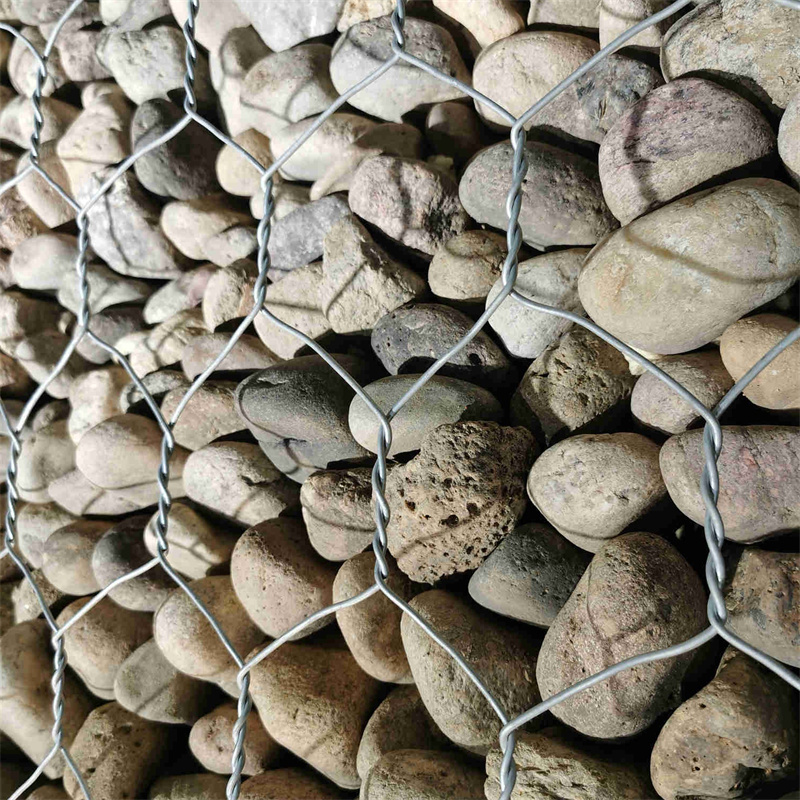Ago . 08, 2024 06:00 Back to list
Exploring the Best Rock Gabion Wall Manufacturing Facilities and Their Innovative Techniques
Exploring Rock Gabion Wall Factories A Sustainable Approach to Modern Construction
In the realm of modern construction, sustainability and durability are critical factors guiding the choice of materials and methods. Among the innovative solutions emerging in this field is the rock gabion wall—structures made from wire mesh containers filled with rocks or other materials. Rock gabion walls are rapidly gaining popularity for their environmental benefits and structural appeal. In this article, we delve into the role of rock gabion wall factories and their contribution to sustainable construction practices.
Understanding Rock Gabions
A gabion is a cage, cylinder, or box filled with soil, rocks, or other materials, used in civil engineering, road building, military applications, and erosion control. As eco-friendly structures that blend well into natural landscapes, rock gabion walls are celebrated for their versatility and functionality. These walls can be employed in retaining walls, slope protection, and even decorative fencing, making them a preferred choice for both urban and rural settings.
The Manufacturing Process
Rock gabion wall factories are specialized production facilities where the components of gabion walls are manufactured. The process usually begins with the production of the wire mesh containers, typically made from galvanized or PVC-coated steel wire to ensure corrosion resistance and longevity. The mesh is woven into a geometric pattern that provides strength and flexibility, allowing these containers to adapt to varying loads and soil conditions.
Once the wire mesh is prepared, the next step involves filling the containers with suitable materials, usually locally sourced stones or recycled materials. This step is crucial, as the choice of fill material directly impacts the wall's structural integrity and aesthetic appeal. Factories often prioritize the use of natural or recycled materials, reinforcing the environmental commitment associated with gabion walls.
Advantages of Rock Gabion Walls
rock gabion wall factories

One of the primary advantages of rock gabion walls is their environmental benefits. Unlike conventional concrete walls, which can disrupt local ecosystems, gabion walls promote vegetation growth and enhance biodiversity. Water can filter through the gaps in the rocks, reducing runoff and minimizing soil erosion. Additionally, the use of native materials ensures that these structures blend seamlessly into their surroundings.
Gabion walls are also remarkably durable and cost-effective. They require minimal maintenance compared to conventional walls and can withstand extreme weather conditions, including heavy rains and floods. The natural properties of the stones used offer excellent drainage, further contributing to their resilience.
The Role of Factories in Sustainability
Rock gabion wall factories play a pivotal role in promoting sustainable construction practices. By focusing on eco-friendly production methods and sourcing materials locally, these factories reduce the carbon footprint associated with construction projects. Moreover, the increasing demand for gabion walls has encouraged innovation in manufacturing processes, leading to advancements in materials science and engineering techniques.
As global awareness of environmental issues continues to grow, rock gabion wall factories are positioned to lead the way in sustainable building solutions. Their commitment to reducing waste, supporting local economies, and fostering biodiversity aligns perfectly with contemporary construction goals.
Conclusion
In conclusion, rock gabion wall factories are integral to the movement towards sustainable construction. By producing versatile and eco-friendly structures, these factories not only meet the needs of modern engineering but also champion the principles of environmental stewardship. As the world increasingly recognizes the importance of green building practices, rock gabion walls stand out as a testament to how innovative design and sustainable materials can work hand-in-hand in creating a resilient future.
-
The Role of Galvanized Gabion Mesh in Riverbank Protection
NewsJun.26,2025
-
The Role of Gabion Basket Raised Bed in Sustainable Gardening
NewsJun.26,2025
-
Quality Assurance of Wire Mesh Gabion Baskets
NewsJun.26,2025
-
Installation Guide for Welded Gabion Box
NewsJun.26,2025
-
How to Choose the Right Gabion Box
NewsJun.26,2025
-
Different Types of Gabion Wire Mesh
NewsJun.26,2025
-
Why PVC Coated Gabion Mattress Is the Best Solution for Long-Term Erosion Control
NewsMay.23,2025






